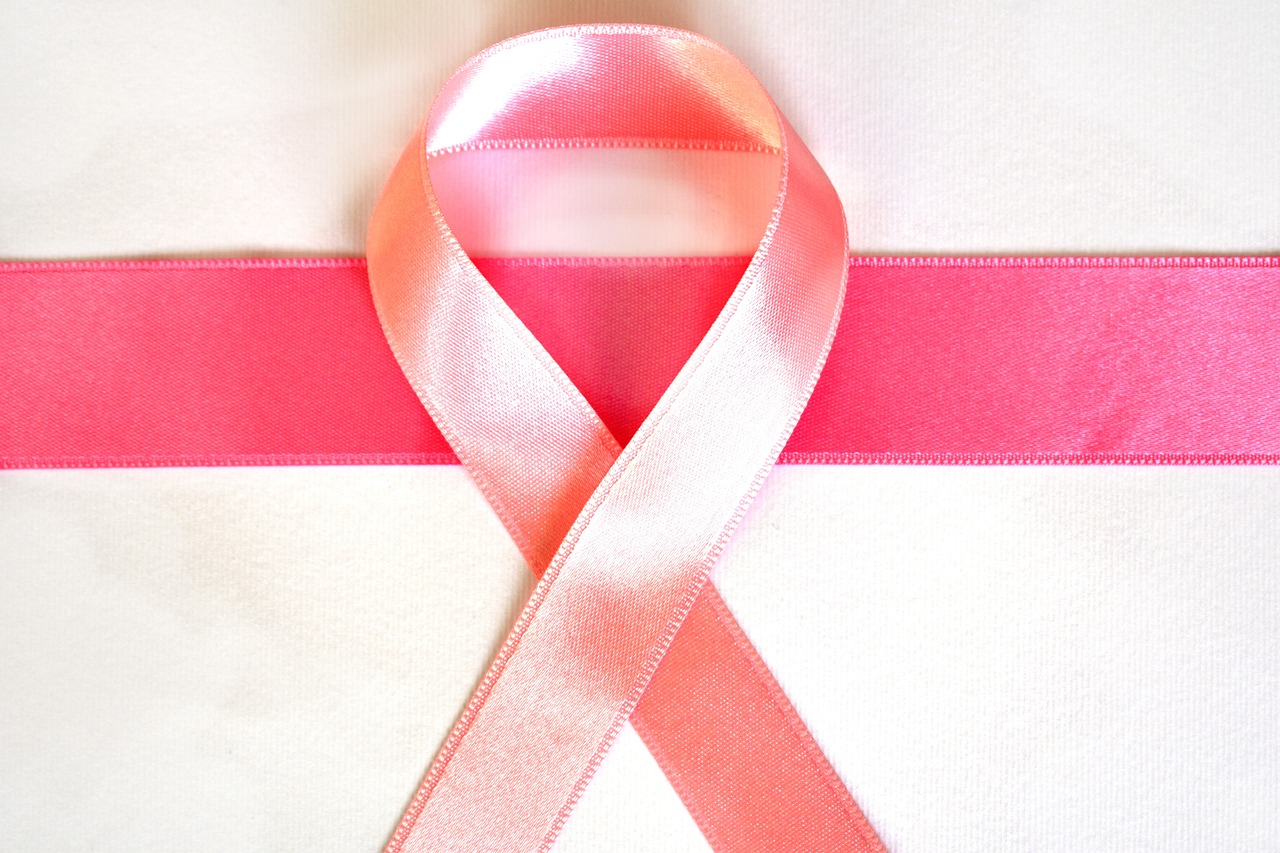Chemotherapy, often referred to as chemo, is a powerful and widely used treatment in the fight against cancer. While its effectiveness in targeting and destroying cancer cells is well-known, one of the distressing side effects that many patients experience is hair loss. The physical and emotional impact of hair loss during chemo can be profound, but understanding the reasons behind it and exploring coping strategies can help individuals navigate this challenging aspect of their cancer journey. The Science Behind Chemo-Induced Hair Loss Hair loss, known medically as alopecia, is a common side effect of chemotherapy. To comprehend why this occurs, it’s essential to grasp the mechanism of chemotherapy itself. Chemotherapy drugs are designed to target rapidly dividing cells, which includes cancer cells. Unfortunately, hair follicles also fall into this category, as they are some of the fastest-growing cells in the body. When chemotherapy drugs are administered into the bloodstream, they travel throughout the body to reach and attack cancer cells. In the process, they can inadvertently damage the hair follicles, causing the hair to become brittle, thin, and eventually fall out. The degree of hair loss can vary widely based on the type of chemotherapy drugs, dosage, and individual differences in susceptibility.

The Emotional Impact Hair loss can have profound emotional effects on individuals undergoing chemotherapy. Our hair is often tied to our self-identity, and losing it can lead to feelings of insecurity, loss of control, and a diminished sense of self-esteem. Many cancer patients find themselves grappling not only with the physical challenges of their illness but also with a significant blow to their self-image. Coping Strategies While chemo-induced hair loss can be emotionally challenging, there are several strategies that can help individuals cope with this aspect of their cancer journey: Education: Understanding the science behind hair loss during chemo can demystify the process and alleviate some of the fear associated with it. Knowing that it’s a result of the treatment’s impact on rapidly dividing cells rather than a personal failing can be empowering. Preparation: Some patients choose to take proactive measures by cutting their hair short or shaving it off completely before starting chemotherapy. This can give a sense of control over the situation and reduce the shock of seeing clumps of hair fall out. Head Coverings: Wearing wigs, scarves, hats, or turbans can help individuals feel more comfortable and confident in public settings. Many cancer support organizations provide resources and tutorials on creative ways to style head coverings. Embracing Change: Some people find it helpful to view their hair loss as a temporary stage in their journey towards recovery. Embracing this change and viewing it as a symbol of strength and resilience can be empowering. Support Groups: Joining support groups or connecting with others who have experienced chemo-induced hair loss can provide a sense of camaraderie and understanding. Sharing experiences and tips for managing the emotional challenges can be incredibly comforting. Self-Care: Engaging in self-care activities, such as gentle scalp massages, can improve blood circulation to the hair follicles and promote a sense of relaxation. Consulting Professionals: Dermatologists or oncology nurses may have recommendations or insights into maintaining scalp health during and after chemotherapy. Mind-Body Techniques: Practices like meditation, yoga, and deep breathing exercises can help manage stress and anxiety, which can contribute to overall well-being during cancer treatment. The Road to Recovery Fortunately, chemo-induced hair loss is typically temporary. Once chemotherapy is completed, hair follicles often start to recover, and hair regrowth becomes possible. The speed of regrowth can vary, but most individuals will see improvements within a few months after the conclusion of their treatment. During the regrowth phase, hair might have a different texture or color than before. It’s essential to practice patience and allow the body time to heal. Gentle hair care practices, like using mild shampoos and avoiding excessive heat styling, can aid in promoting healthy hair growth.
Chemo-induced hair loss is a significant challenge, but it’s one that can be navigated with grace, confidence, and the right support. At UniWigs, we are dedicated to providing solutions that empower you to feel beautiful, regardless of the circumstances. Our high-quality wigs, personalized consultations, and commitment to education are aimed at ensuring that you face chemo-induced hair loss with strength and self-assurance. Remember, you’re not alone on this journey—UniWigs is here to stand with you every step of the way.
